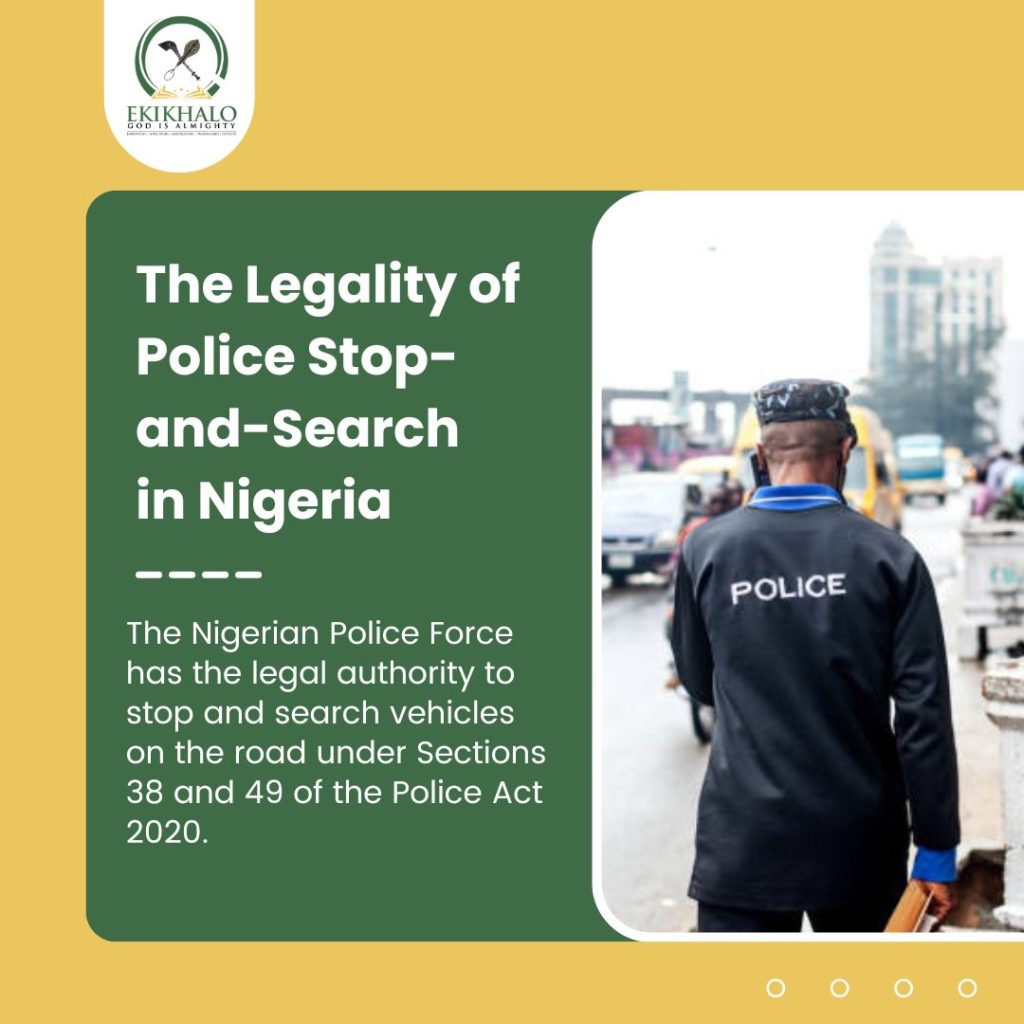Top Nigerian Law Firm on Child Rights Act of 2003
Every child deserves love, respect, and protection. In Nigeria, the Child Rights Act of 2003 was established to safeguard the well-being of children, ensuring they grow up in a safe, nurturing, and supportive environment. Yet, many parents and guardians remain unaware—or indifferent—to the fact that children have rights that must be upheld.
Your child is not property; they are a human being with inherent dignity. As the renowned author Paulo Coelho once said, “Children are not things to be molded, but people to be unfolded.” This means they should be raised in a loving, stable, and growth-friendly environment—one that fosters their physical, emotional, and intellectual development.
Unfortunately, many Nigerian children face harsh conditions that strip them of their rights. From child labor to forced marriages, denial of education, and exposure to violence, countless young lives are being disrupted. This must stop.
The Harsh Reality: When Children Are Denied Their Rights
Imagine a child under the age of 10 sent out to hawk groundnuts under the scorching sun, walking for hours, exposed to dangers like traffic accidents, harassment, and even abduction. This child misses out on education, playtime, and the safety of a home—all for a few naira.
This is not just neglect; it’s a violation of the law.
Section 15 of the Child Rights Act guarantees free and compulsory education for every Nigerian child. Denying a child access to school is not only morally wrong—it’s a criminal offense.
Beyond education, children have the right to:
-
Protection from abuse, violence, and exploitation
-
Adequate healthcare and nutrition
-
Freedom from forced labor and trafficking
-
A safe and secure environment
-
Expression of their views in matters affecting them

7 Key Takeaways from the Child Rights Act (2003)
To help parents, guardians, and policymakers understand their responsibilities, here are 7 crucial provisions of the Child Rights Act:
-
Right to Free and Compulsory Education (Section 15)
-
Every child has the right to basic education, and no child should be deprived of schooling for any reason.
-
-
Protection from Child Labor (Section 28)
-
Children must not be engaged in work that is hazardous, interferes with their education, or harms their health and development.
-
-
Prohibition of Child Marriage (Section 21 & 23)
-
The legal age for marriage is 18 years. Forcing a child into early marriage is illegal and punishable by law.
-
-
Protection from Abuse and Neglect (Section 11 & 13)
-
No child should suffer physical, emotional, or sexual abuse. Parents must provide proper care and protection.
-
-
Right to Health and Nutrition (Section 13 & 14)
-
Every child is entitled to basic healthcare, immunization, and proper nutrition for healthy growth.
-
-
Right to Dignity and Non-Discrimination (Section 9 & 10)
-
Children must be treated with respect, regardless of gender, religion, or background.
-
-
Right to a Safe Environment (Section 20)
-
Children should not be exposed to war, violence, or harmful environments that threaten their mental and physical well-being.
-
A Call to Action: What Can Be Done?
While organizations and government agencies are working to enforce these laws, more needs to be done. Here’s how you can help:
✅ Educate Yourself & Others – Learn and share the provisions of the Child Rights Act.
✅ Report Abuse – If you witness child labor, trafficking, or abuse, report it to the authorities.
✅ Support NGOs – Donate or volunteer with organizations fighting for children’s rights.
✅ Be a Responsible Parent – Treat your child with love, respect, and fairness.
Final Thoughts
Children are the future of Nigeria. If we fail them today, we jeopardize tomorrow. Every child deserves safety, education, and love. Let’s uphold their rights—because protecting them is not just a legal duty, but a moral obligation.
The time to act is now.




About The Author: Admin
More posts by admin